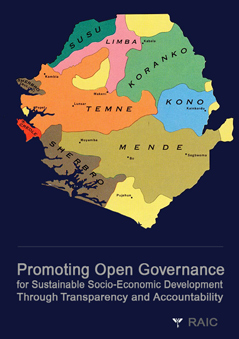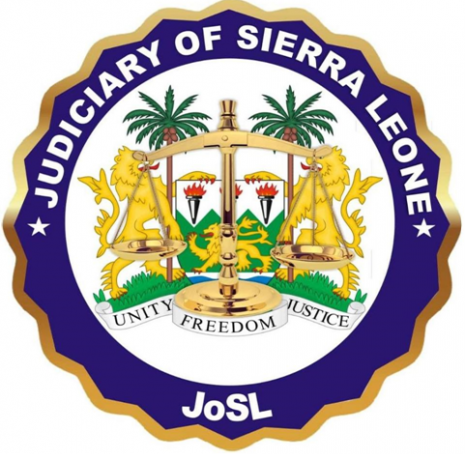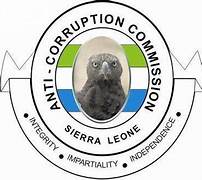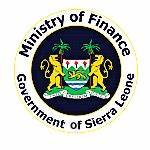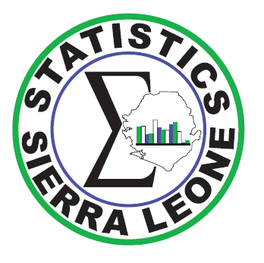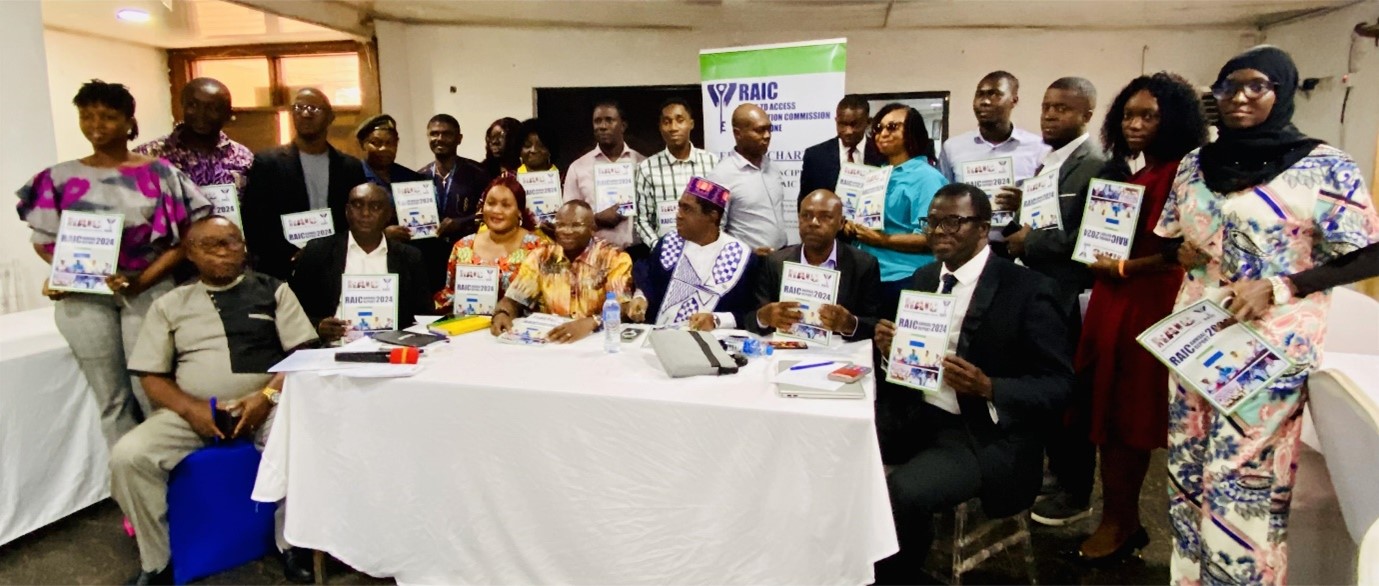Dr. Ibrahim Seaga Shaw, the Chairman and Information Commissioner of the Right to Access Information Commission (RAIC) said his two-day study tour in Morocco was a learning opportunity for both Sierra Leone and Morocco on access to information and data protection.
Dr. Shaw was sharing his study tour experience on Tuesday, 10th June, 2025 after returning from Rabat, Morocco where he was invited by his Moroccan counterpart, Mr Omar Seghrouchni, President and Information Commissioner of the Right to Access Information and Data Protection Commission of the Kingdom of Morocco, to exchange ideas geared toward making both nations more effective and efficient in facilitating access to information and protecting personal data.
The RAIC boss gave a background of the study tour which he attributed to a prior mutual bilateral engagement between him and his Moroccan counterpart.
“At the global event organized by UNESCO in commemoration of the International Day for Universal Access to Information (IDUAI) in Ghana last year, the head of the access to information and data protection in Morocco and I had a bilateral meeting and we discussed the possibilities of working together. So, immediately after that Ghana trip, we continued the conversation of Morocco and Sierra Leone working together on access to information and data protection. Recently, there was a meeting where we agreed to start the bilateral cooperation by having a study tour in Morocco and they extended an invitation to me to have a learning exchange on best practices,” he explained.
Speaking on the strength of the right to information (RTI) laws of both nations, he noted that Sierra Leone is far ahead of Morocco on RTI global ranking. “Our access to information law was passed in 2013 and the Right to Access Information Commission was set up in 2014. For Morocco, it was in 2018. So, they had such law four years after we had ours. However, the interesting thing about them is that they started with data protection in 2009. So, the same authority that provides oversight for data protection is the same authority that is given the mandate to provide oversight for access to information. Though the data protection bill, which is at an advanced stage, is yet to be passed into law in Sierra Leone, the government has earmarked the RAIC as oversight body to implement the would-be data protection law. This is the best practice across the world. I noticed that, though it looks like two entities handling data protection and access to information in Morocco, the administration of both are under one authority and the same staff executing the two mandates. I think that model is good as it reduces conflict between access to information and data protection,” Dr. Seaga Shaw explained.
He noted that, just like the RAIC does in Sierra Leone, Morocco also has a provision in their access to information and data protection laws that makes them an independent outfit, not controlled or directed by anyone, neither by the executive nor the legislative or judicial arms of government. “However, for them, they only get funding from the state as they are not allowed to get funding from outside of the state structure. For us, there is a provision in the RAI Act 2013 that allows us to look for funding outside government structure so that we cannot entirely rely on government subvention. One very good thing I noticed was that, for them, government gives them all the money they need at the beginning of the year, different from us which happens on a quarterly basis,” he stated.
On proactive disclosure of information, that is, encouraging institutions to disclose certain information proactively, the RAIC Chairman and Information Commissioner mentioned that, unlike Sierra Leone, Morocco does not have a minimum classes of information to be proactively disclosed by public authorities, adding that they just ask public authorities to disclose information without tagging a minimum threshold. “For us in Sierra Leone, we have a compulsory minimum of twenty-two classes of information to be proactively disclosed. Institutions are not encouraged to disclose below that threshold as they are only encouraged to either meet or exceed the minimum threshold. That is one of the lessons Morocco learnt from Sierra Leone during the study tour. We however learnt from their vigorous monitoring of Freedom of Information (FOI) requests,” he said.
Dr. Shaw registered that, though Sierra Leone was the first to have an access to information laws, Morocco however has a more organized and stronger system of enforcement. “When they take a decision, they have a tribunal in the judiciary which enforces it. This is something we can learn from them, especially now that we are reviewing our existing laws on access to information and we have included that in our amendment.”
He further noted that, on the digital front, Morocco introduced digital platforms to access information some years ago and that they are far ahead with digital access to information. “They have more advanced digital infrastructure to facilitate access to information which they showed me. I also took them through our own digital access to information platform developed last year. There are however similarities in the freedom of information forms of both countries. They commended our platform for having both a real-time alert and copy of the request,” the RAIC chief said.
He added that one major difference between the two countries is that, in Morocco, a complaint against a refusal to provide the information is first sent to the Information officer of the Public Institution in question in the first instance, and then in the case non-compliance, the complaint is escalated to the head of the public institution, and if there is still a problem of non-compliance, the complaint is escalated to the RTI Commission for further action; it is important to note that the deadline for each of these three stages is 20 working days. However, in Sierra Leone, an information request complaint can either be sent to the head of the public authority in question or straight to the RAI Commission, adding that while Sierra Leone has a 15 working days deadline for compliance in the case of normal information request, Morocco has 20 working days.
He said both countries have similar popularization and capacity building drive. Dr. Seaga Shaw however mentioned that Sierra Leone learnt from the unique way Morocco commemorates the International Day for Universal Access to Information by targeting specific institutions and design concepts showcasing the relevance of such institutions in promoting access to information and data protection. “That is something worth emulating and we are thinking of implementing same in Sierra Leone,” he underscored.
Dr. Shaw shared that his Moroccan counterpart was impressed with the consistent annual reports produced by RAIC in Sierra Leone since 2019, something Dr. Shaw said Morocco registered interest to learn from Sierra Leone.
The head of Sierra Leone’s right to information oversight body disclosed that both oversight bodies agreed to develop a memorandum of understanding (MoU) which he said will strengthen mutual collaboration and shared ideas on access to information, data protection and other related areas of intervention.
He spoke highly of the hospitality accorded him, adding that it was a great moment of experiential learning and knowledge exchange.
For media enquiries, contact:
Amara Thoronka
Public Information and Communications Officer
RAIC – National Secretariat
+232 88 283632 / +232 78 231949





